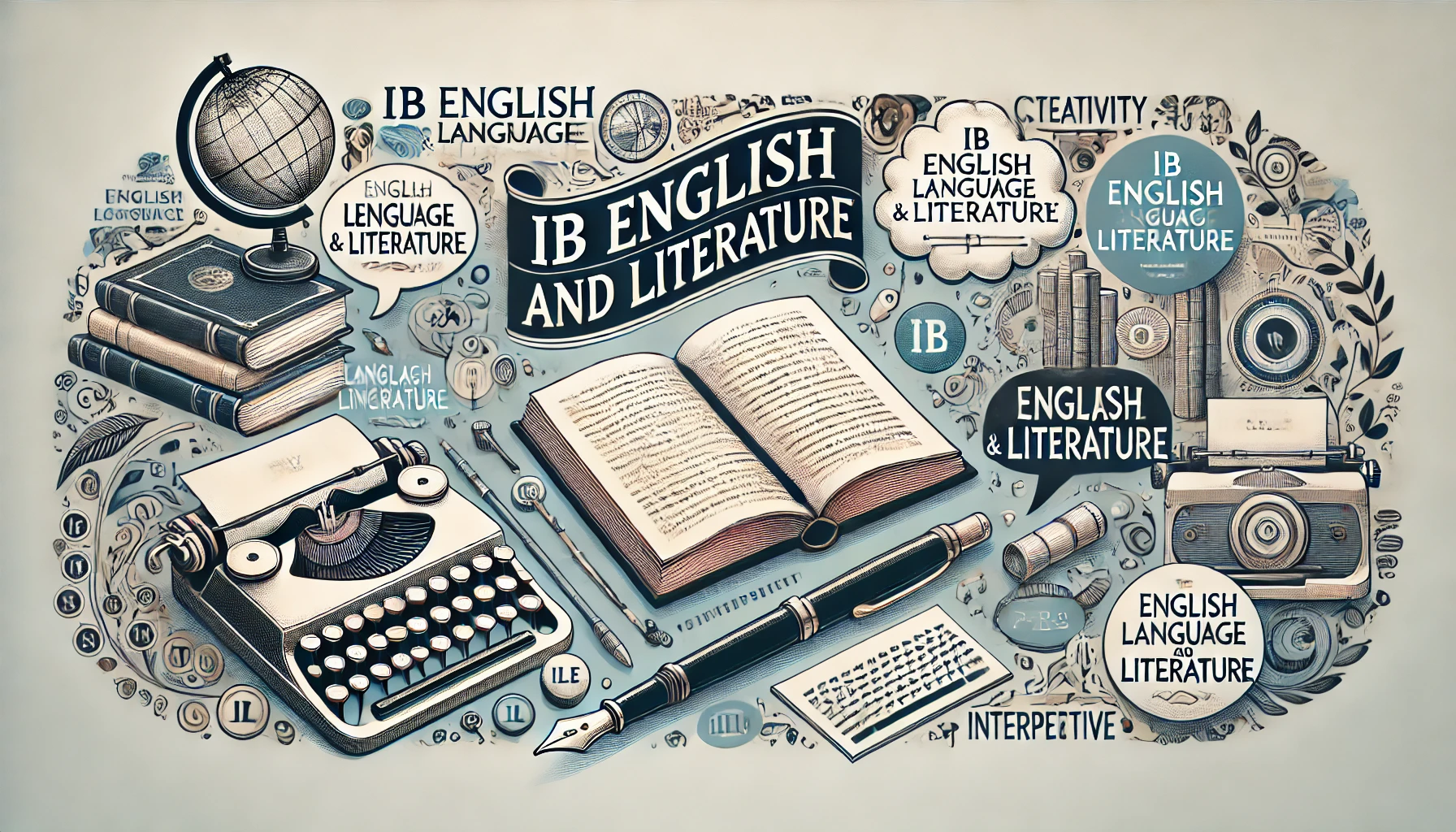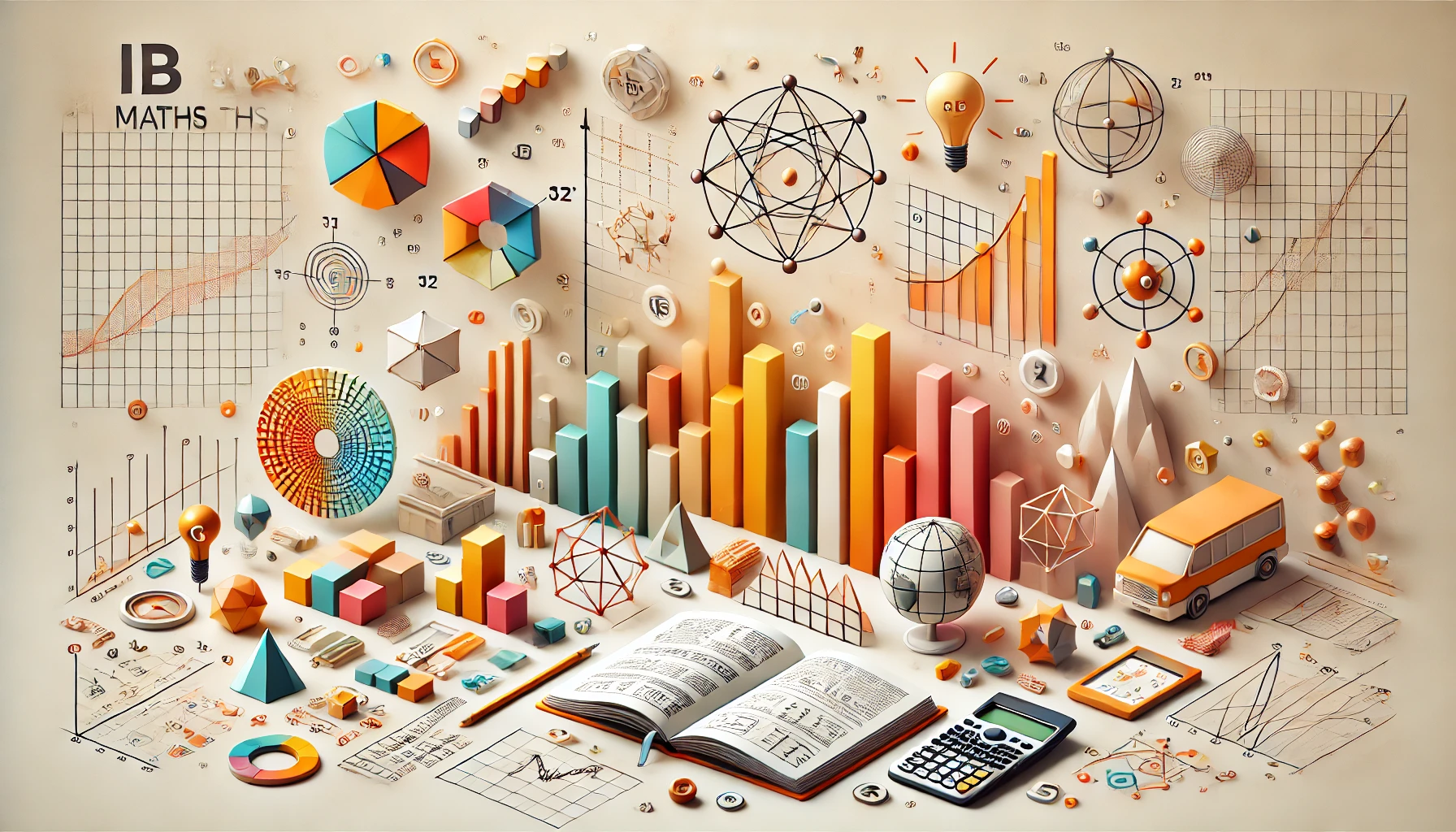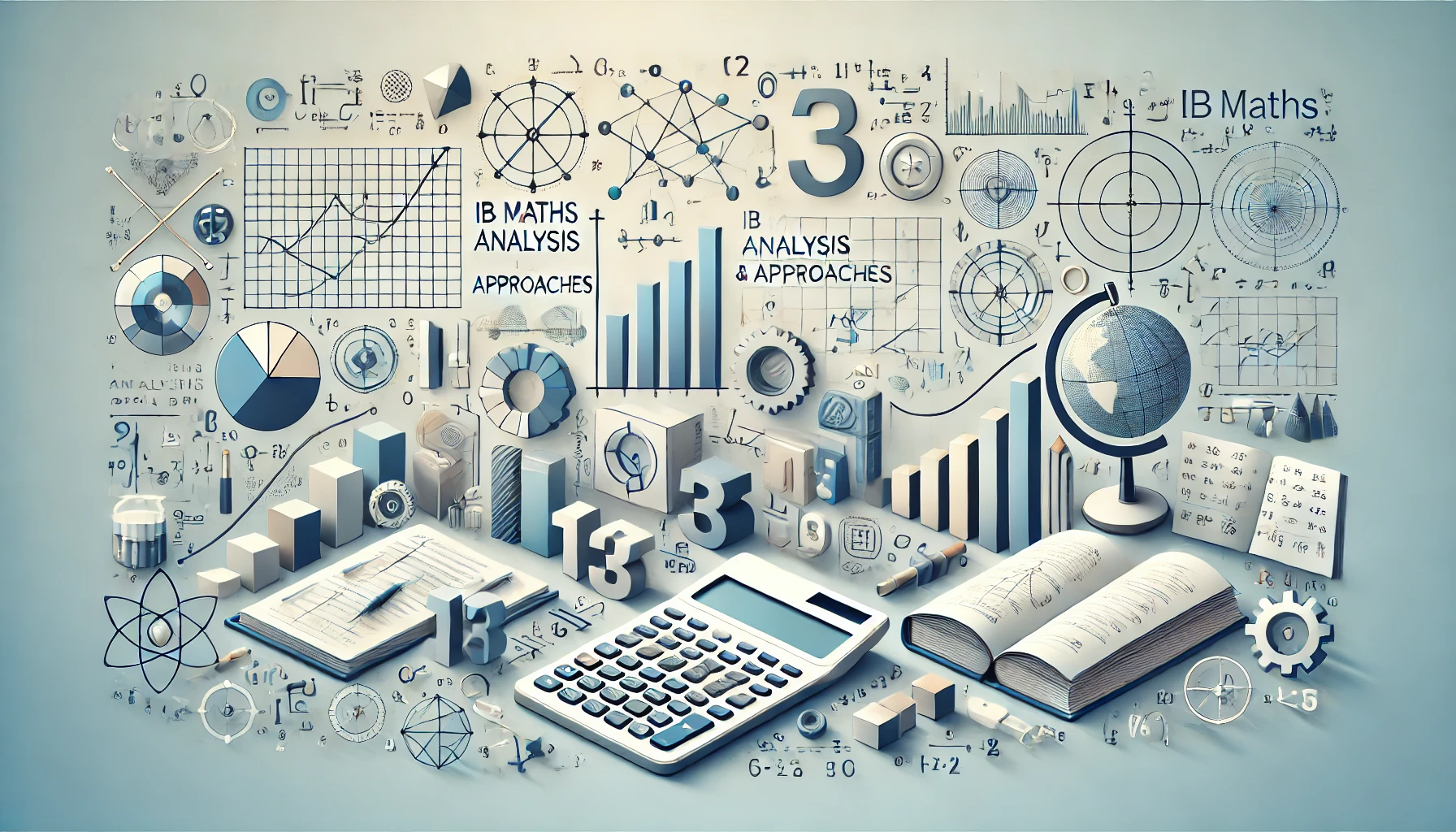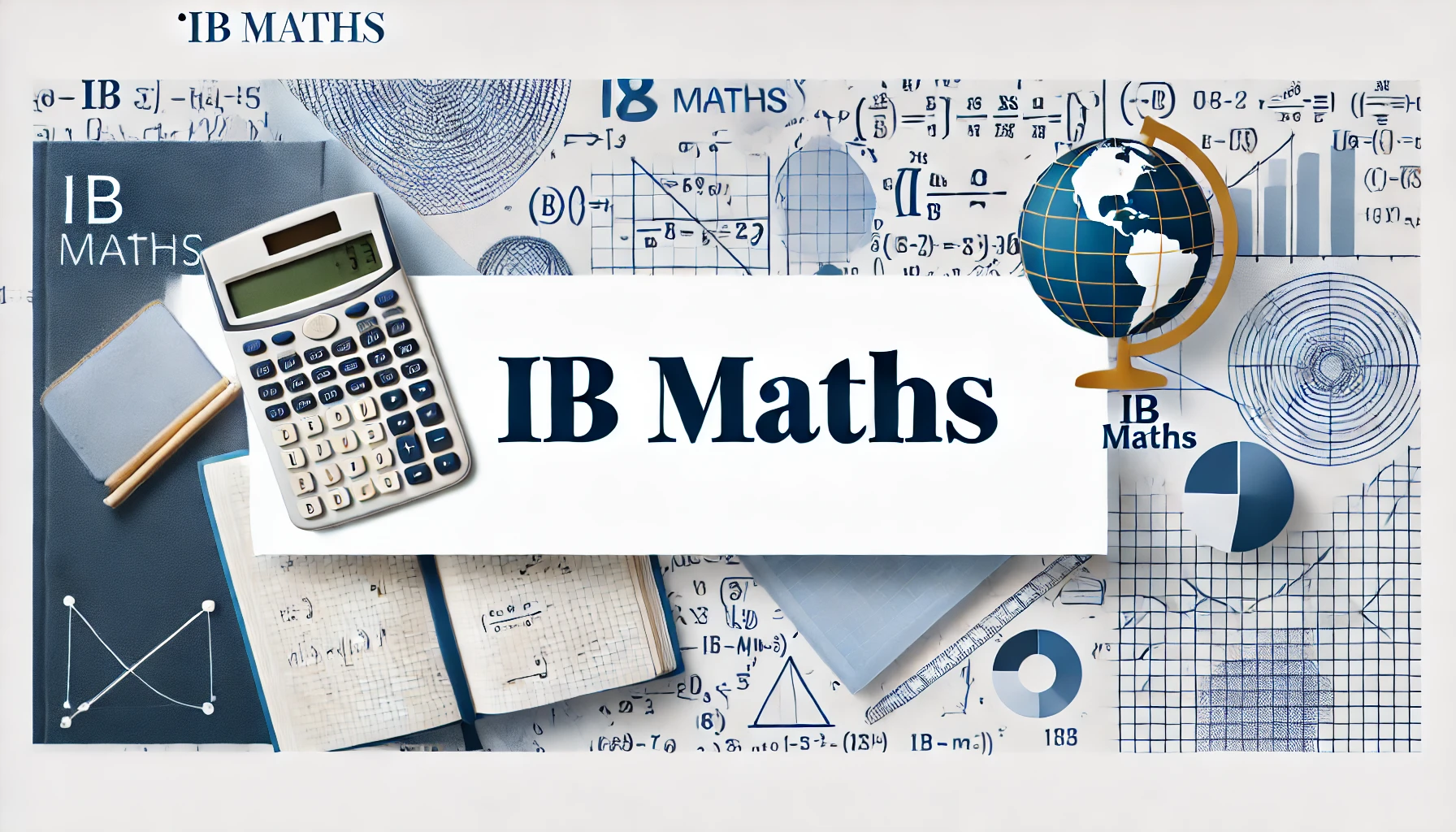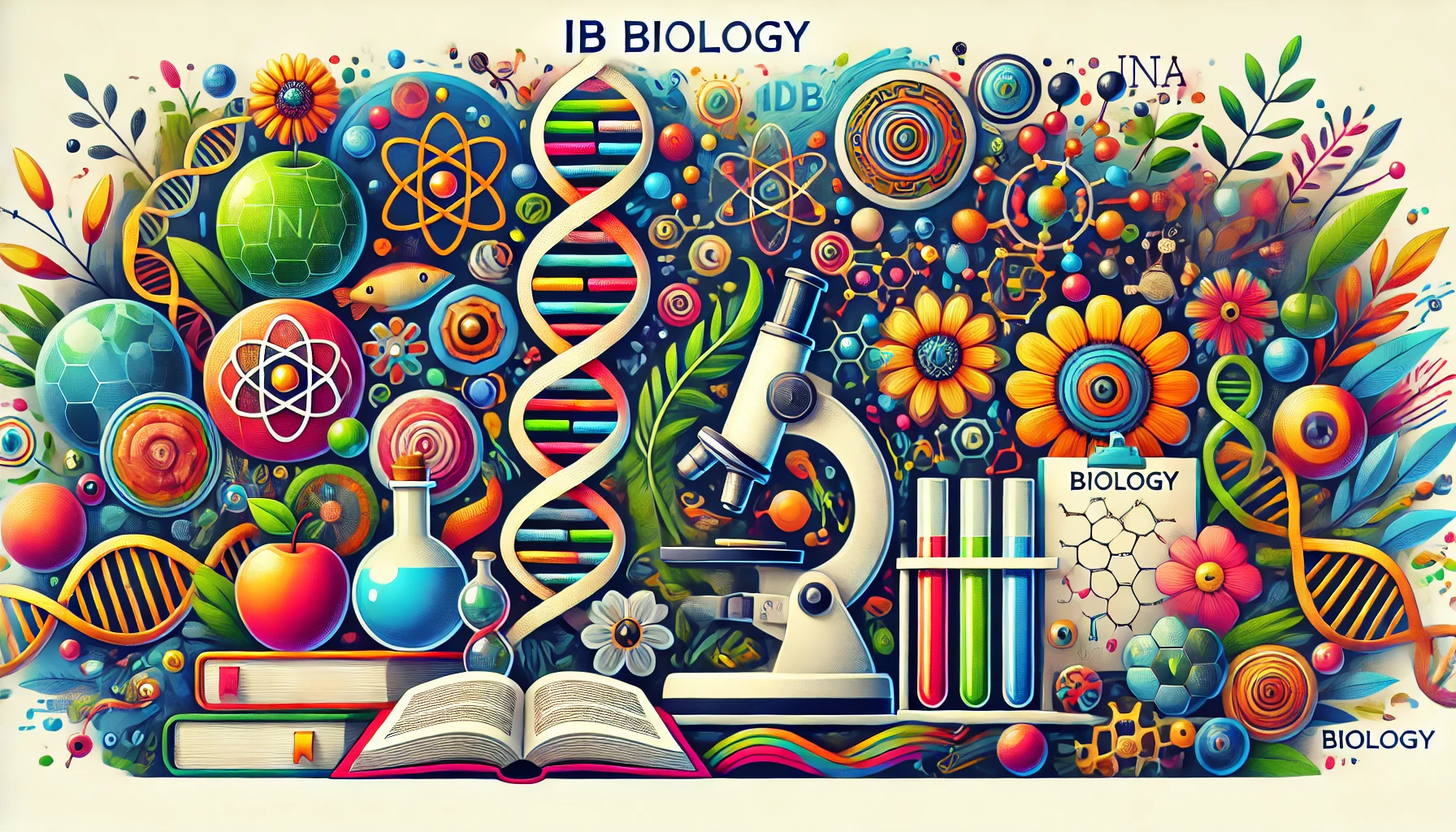
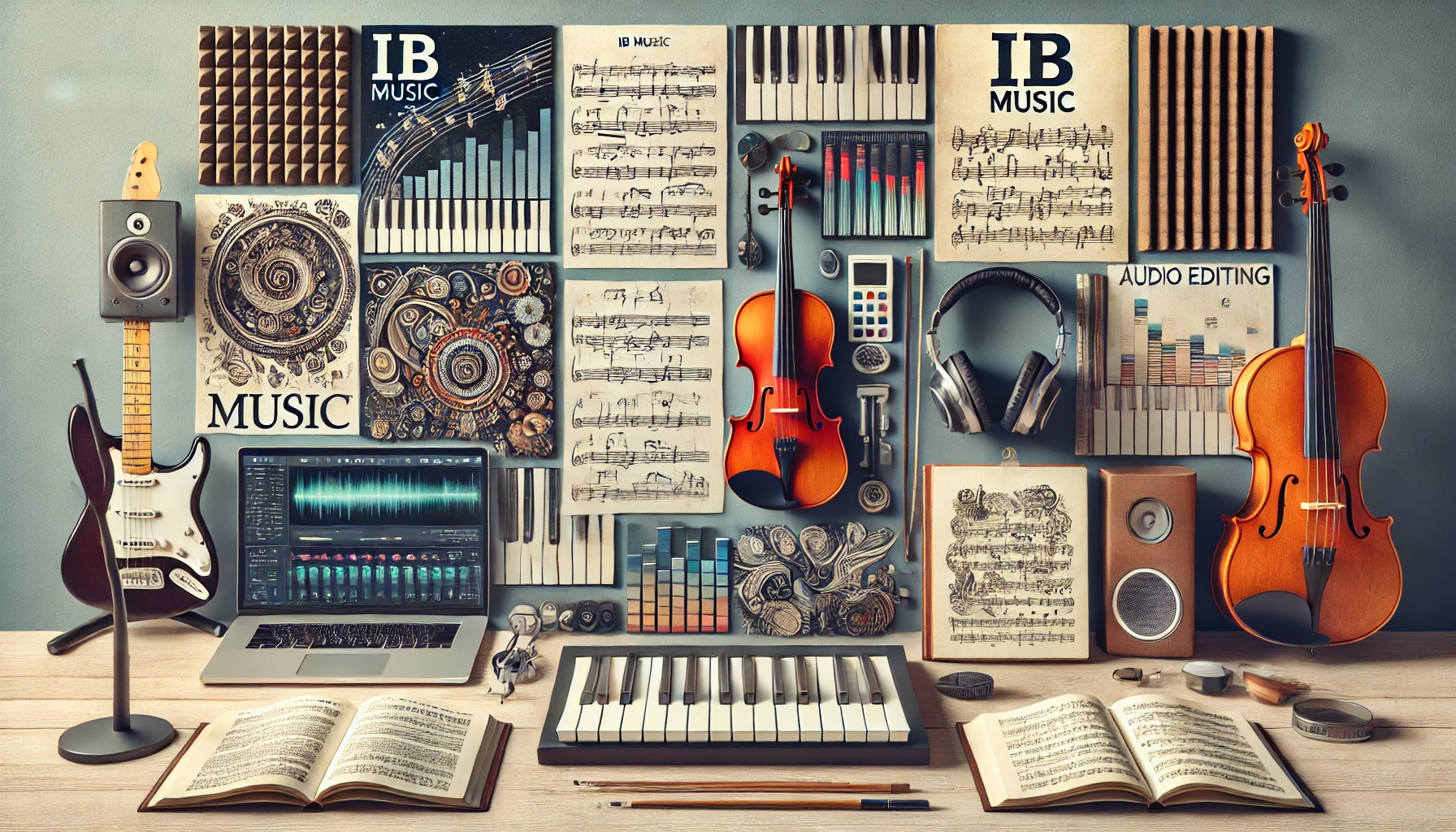
One of the most creative and diverse courses in the IB arts group is IB Music.
In this blog, we’ll cover everything you need to know about IB Music—from course structure and assessments to skills developed and tips for success.
Course Structure
The IB Music course is designed to develop students into well-rounded musicians through a balance of practical, creative, and academic experiences. It encourages students to explore music as performers, creators, and researchers while engaging with diverse musical cultures and practices.
Students can choose to study at Standard Level (SL) or Higher Level (HL). While both levels share the same core structure, HL students undertake an additional component that extends their learning into real-world music-making contexts.
The course is structured around three central areas of learning that apply to both SL and HL students, with an additional component exclusive to HL. Each area develops students’ musical understanding through exploration, experimentation, and presentation.
The table below outlines the components and allocated teaching hours for each level:
Throughout the course, students develop their abilities as performers and composers while critically reflecting on musical practices and contexts. HL students also take on a collaborative multimedia project that mirrors real-life music-making experiences.
Exploring Music in Context
In this part of the course, students are encouraged to broaden their musical understanding by engaging with music from a variety of cultures, genres, and time periods. The goal is to expand their musical horizons and inspire their own creative processes.
Key elements include:
- Students engage with music through three contexts:
- Personal: music familiar to the student or linked to their own background
- Local: music that reflects the surrounding community or culture
- Global: music from unfamiliar cultures, genres or traditions around the world
- Exploration is guided by four areas of inquiry:
- Music for sociocultural and political expression
- Music for listening and performance
- Music for dramatic impact, movement and entertainment
- Music technology in the electronic and digital age
- Students reflect on and document their exploration through both written work and practical exercises. This helps build a deeper understanding of how music functions in various contexts and how it can inform their own music-making.
Purpose: To encourage diverse engagement and cultural appreciation through music, laying the foundation for the rest of the course.
💡Find out why you may want to consider a qualified IB teacher as your tutor.
Experimenting with Music
This component focuses on connecting theoretical knowledge to practical music-making. Students take on the roles of researcher, creator, and performer, using these perspectives to explore and experiment with musical ideas.
Key elements include:
- Theoretical and practical integration: Students analyse musical material and then apply their understanding through original creative work and performance.
- Exploration across contexts: Musical experimentation is conducted using material that reflects both local and global musical traditions. This encourages students to step outside their comfort zones and engage with unfamiliar musical influences.
- Creative processes: Students are expected to:
- Try out new techniques and musical approaches
- Take risks in performance or composition
- Reflect on their experimentation in writing, explaining their intentions, processes, and outcomes
- Evidence-based reflection: The experimentation is accompanied by a written report (rationale and commentary), and practical demonstrations of the musical processes used in both creation and performance.
Purpose: To foster innovation and deeper engagement by encouraging students to try, evaluate, and refine their musical ideas through practice and reflection.
Presenting Music
In this final shared component of the course, students prepare and showcase completed musical works. This part of the course is focused on bringing together the skills developed in the earlier components—exploration and experimentation—into finished, polished musical outputs.
Key elements include:
- Preparation for performance or presentation: Students work towards refining their musical ideas and demonstrating their growth as musicians. This can include both original compositions and interpretations of existing works.
- Dual role of creator and performer:
- As creators, students may submit compositions or improvisations.
- As performers, they may submit solo or ensemble performances.
- Programme notes: Students are required to submit explanatory notes that provide context, intention, and insight into their work. These notes demonstrate the student's ability to critically reflect on their creative and performance decisions.
- Connection to areas of inquiry: The works presented must engage with diverse musical material from the four established areas of inquiry, showing a breadth of understanding.
Purpose: To give students the opportunity to share their musicianship and creative identity with an audience, while also demonstrating their ability to reflect critically on their work.
The Contemporary Music Maker (HL only)
This component is exclusive to Higher Level (HL) students and is designed to simulate real-world, collaborative music-making experiences. It draws together all the skills and roles developed throughout the course—researcher, creator, and performer—into a single, integrated project.
Key elements include:
- Collaborative project: Students work either in a group or in collaboration with others to plan, develop, and realise a musical project. The collaboration can involve peers, members of the school community, or external musicians.
- Multimedia presentation: The final submission is a continuous multimedia presentation that includes:
- A project proposal outlining the aims, context, and intended outcomes
- Evidence of the process and evaluation, showing how ideas evolved and were refined
- The realised project, or curated excerpts from it, demonstrating the final outcome
- Contemporary focus: The project should be inspired by real-life music industry practices, such as event production, recording, songwriting, or interdisciplinary performance.
- Creative autonomy: Students have flexibility in how they design and present their project, allowing them to showcase their unique musical voice and leadership in collaborative settings.
Purpose: To give HL students a practical and immersive experience in professional-style music-making, encouraging them to apply their knowledge in dynamic, authentic ways.
Internal Assessment: Overview
In IB Music, internal assessment tasks allow students to demonstrate their musical development through practical engagement, critical reflection, and creative output. Both Standard Level (SL) and Higher Level (HL) students complete two internally assessed components, while HL students complete an additional third component unique to their level.
Internal Assessment Components
What Is Being Assessed?
Experimenting with Music
- Musical experimentation: Students show how they’ve tested new musical ideas in both creation and performance.
- Analytical thinking: Rationale and commentary explain their process, intent, and reflection.
- Engagement with context: Students connect their experimentation to the areas of inquiry and local/global contexts.
- Practical output: Recorded evidence of musical work supports their written reflections.
The Contemporary Music Maker (HL only)
- Collaboration: The project must demonstrate meaningful engagement with others.
- Authenticity: Projects must be inspired by real-world music-making practices.
- Process documentation: Students critically reflect on the entire creative process, from planning through to realisation.
- Presentation skills: A continuous multimedia format is required, showcasing both content and communication.
Purpose of the Internal Assessment
- Encourages risk-taking, originality, and reflection
- Allows students to personalise their learning through diverse musical styles and cultural contexts
- Develops both independent and collaborative music-making skills
- Mirrors real-world practices, particularly at HL
💡Check out these five key habits and evidence-based strategies of high-achieving students in the IB.
External Assessment: Overview
The external assessment in IB Music is designed to evaluate a student’s musical understanding, creativity, and ability to connect theory with practice. It is submitted as coursework, not through a timed written exam. Both SL and HL students complete the same externally assessed components, though with different weightings in the final grade.
External Assessment Structure – Standard Level (SL)
External Assessment Structure – Higher Level (HL)
What Is Being Assessed?
Across both components, the external assessments are built around three musical roles:
- Researcher – students critically engage with diverse musical material, analysing form, function, and cultural significance.
- Creator – students compose or improvise, showing originality, stylistic awareness, and technical control.
- Performer – students prepare and present music, demonstrating technical skill, interpretation, and expressive intention.
These roles align with the core assessment objectives of the course:
- Exploring: Understanding musical diversity through analysis and connection across contexts
- Experimenting: Applying theoretical insights in creative practice (though primarily internal)
- Presenting: Communicating musical ideas effectively through finished performance and composition
The external assessment specifically focuses on:
- Depth and breadth of musical understanding
- Ability to connect theory with practical application
- Creative expression and technical control
- Reflection and articulation through written and performed work
Additional Notes
- There are no written examination papers for IB Music.
- Submissions are coursework-based and include both audio recordings and written documents.
- The emphasis is on individual student voice, with flexibility to explore different genres, traditions, and technologies.
- Students can choose the musical material that best reflects their interests, background, and strengths—ensuring relevance and inclusivity.
💡Learn how each part of the IB grading system impacts your final diploma score.
How to Succeed in IB Music
We have spoken to our tutors and summarised their advice about how to succeed in IB Music:
- Engage deeply with a wide range of music: don’t stick to what you already know. Explore music from different cultures, time periods, and genres to broaden your understanding and provide rich material for your assessments.
- Understand the roles of researcher, creator, and performer: success in IB Music comes from balancing all three roles. Make sure you’re developing skills in analysis, composition, and performance equally throughout the course.
- Keep a process journal: document your ideas, experimentation, reflections, and decisions. This will help with internal assessments and programme notes, and show your growth as a musician.
- Make strong connections between theory and practice: when you study a piece of music, apply those insights to your own composition or performance. This connection is at the heart of the course and is essential for high achievement.
- Choose meaningful and personal material: the course gives you freedom in the music you study and create. Select music that interests or challenges you—your engagement and authenticity will show in your work.
- Practice performing regularly: whether you’re a soloist or part of an ensemble, regular performance practice is key. Record your rehearsals and reflect on what you can improve.
💡Practice papers are key for success! Find out why past papers are the ultimate tool for IB Exam preparation.
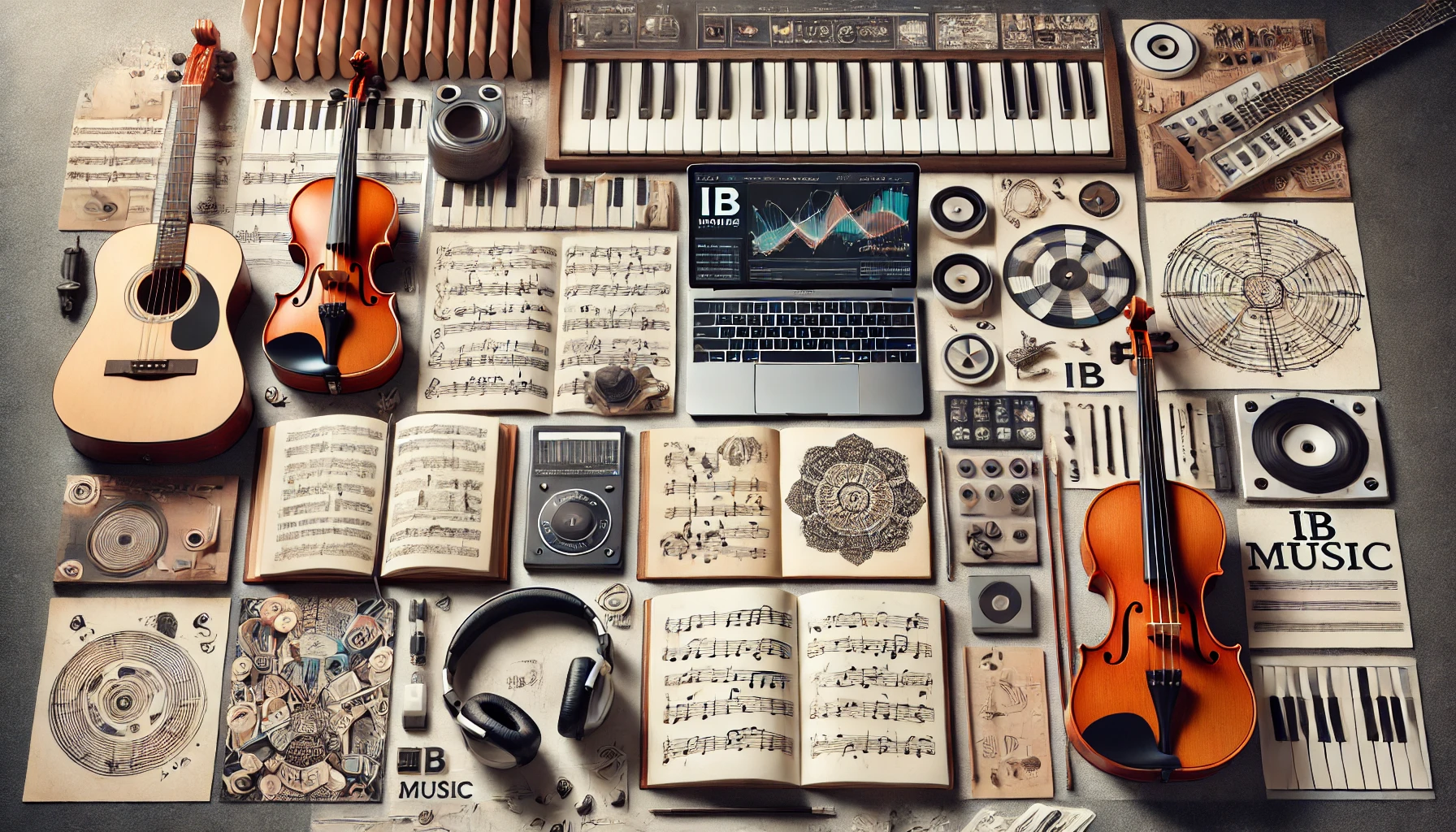
Common Mistakes IB Music Students Make
Even the most passionate music students can fall into a few common traps during the course. Here are some key pitfalls to avoid:
- Focusing too much on one role: Students often excel in either performance or composition but neglect the researcher role. IB Music requires balanced development across all three.
- Choosing music that’s too familiar or limited: Engaging only with personal or popular music can restrict growth. The course values musical diversity and global awareness.
- Underestimating written components: Strong musical work must be supported by clear, reflective, and analytical writing. Skimping on programme notes or experimentation reports can hurt final scores.
- Weak time management: With multiple components and recordings to submit, leaving tasks to the last minute can compromise quality.
- Ignoring the assessment criteria: Not aligning submissions with the syllabus expectations or areas of inquiry can lead to missed marks—even with strong musical output.
Frequently Asked Questions about IB Music
Is getting a 7 in IB Music hard?
Getting a 7 in IB Music is challenging but achievable. It requires strong performance and composition skills, thoughtful written reflections, and consistent engagement with diverse musical styles. Success comes from balancing creativity with critical analysis.
Do I need to be able to read music to take IB Music?
While reading music is helpful, it’s not strictly required. The course is designed to be accessible to students with varied musical backgrounds, and musical understanding can be demonstrated in multiple ways.
What kind of music can I study or perform in this course?
You can explore any genre or tradition, from classical and jazz to electronic or world music. The key is to engage with diverse material and reflect on it critically and creatively.
Do I need to study an instrument formally to succeed?
Formal study can help, especially for performance components, but it's not essential. What matters most is consistent practice, musical development, and your ability to reflect on your growth as a performer.
Is there a written exam in IB Music?
No, there is no traditional written exam. All assessments are coursework-based, including audio recordings, written reflections, and a multimedia project (for HL students).
Can I take IB Music even if I don’t plan to study music at university?
Absolutely. IB Music builds valuable skills like creativity, collaboration, cultural awareness, and critical thinking—which are useful in many fields beyond music.
Conclusion
IB Music is a dynamic and inclusive subject that empowers students to explore music through creation, performance, and critical inquiry. Whether you're composing original pieces, experimenting with new musical styles, or performing in front of an audience, the course challenges you to grow as a well-rounded and reflective musician.
By engaging with diverse musical traditions and embracing your unique artistic voice, you not only meet the course requirements—you build a lifelong connection to music and the skills to thrive in any creative or academic pursuit.
If you're passionate about music and open to discovery, IB Music offers an exciting and enriching journey worth taking.

